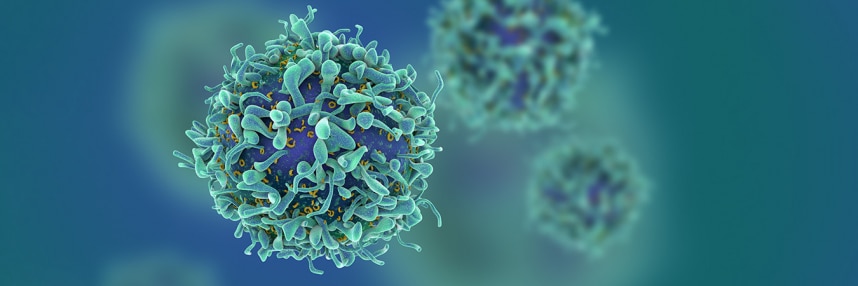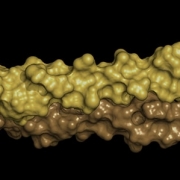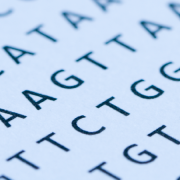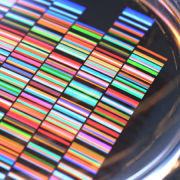Genomics, MRSA and the single-letter switch
A change to a single base of an individual’s DNA has been linked to an increased ability to successfully clear an MRSA infection
Researchers at Duke University in North Carolina have identified a gene variant that makes carriers better able to fight off methicillin-resistant Staphylococcus aureus (MRSA) infections.
“This study provides strong evidence of a genetic variant that appears to help people with MRSA to resolve their bloodstream infections,” said study senior author Vance Fowler, professor of medicine at Duke.
The findings, published in the Proceedings of the National Academy of Sciences, could help in the development of better treatment options for patients with an MRSA infection.
MRSA and antibiotic resistance
Staphylococcus aureus is a type of bacteria commonly found on skin or inside the nose, where it causes no harm. However, if it gets further inside the body, symptoms can range from fever and chills to more serious consequences such as pneumonia and sepsis, which can be life-threatening.
MRSA is the name given to strains of the bacteria that have become resistant to several widely used antibiotics. It is still harmless on skin – around one-in-30 people are carriers – but when an infection happens, it is much more difficult to treat.
MRSA is a particular problem in hospitals and nursing homes because surgical wounds, catheters and drips provide avenues into the body for these bacteria. Coupled with the fact that the bacteria can survive for days on hard surfaces, such as taps and light switches, this has made it one of the most common hospital-acquired infections.
MRSA infections can be treated with antibiotics, but as resistance to these increases, options become more limited.
“The increasing prevalence of antibiotic-resistant staph infections has created an urgent need to better understand who is most susceptible to these difficult-to-treat S. aureus infections and why,” Fowler said.
Resistance in the genome
The researchers looked at 68 patients, divided into two equal groups. All of these patients had an MRSA infection in their blood, but patients in one group were clear of the infection after five days of treatment, whereas patients in the other group were not.
The groups were otherwise matched for age, sex, general health and known MRSA risk factors.
Whole exome sequencing was used. When the genomic data was analysed, a gene variant was identified that was present in 62% of the patients who had beaten the infection, but only present in 9% of the patients whose infections were persistent.
The variant is a single-letter substitution in the DNMT3A region of chromosome 2. According to Fowler, this alteration in a person’s DNA “contributes to an increased ability to resolve MRSA infections”.
The variant, where a C replaces an A, appears to cause increased methylation of gene regulatory regions, resulting in reduced levels of a protein called Interleukin-10 (IL-10).
The impact of IL10
IL-10 is an anti-inflammatory cytokine crucial to mounting an appropriate immune response. Earlier research indicates that IL-10 balance is vital: too little results in insufficient response, but too much can cause organ damage and even death.
The authors of the new study knew that elevated IL-10 levels were correlated with poorer outcomes in patients with Staphylococcus aureus blood infections. This was consistent with the patients in this study, where those with one copy of the C variant had lower IL-10 blood serum levels than those with two A copies.
Read more about genomics and antimicrobial resistance here.
–









